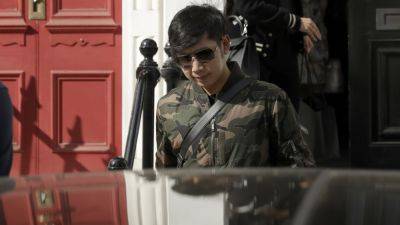Thai-Cambodian reset a symptom of a wider problem
On February 2, three political activists, including Lim Sokha, a senior member of the Candlelight Party, the once fledgling opposition party that was banned from participation in Cambodia’s sham July 2023 elections, were arrested in Thailand after seeking asylum and being granted refugee status.
Fears were that the three outspoken activists, who planned to hold a protest during Hun Manet’s visit to Thailand on February 7, were rounded up because the two governments were working in concert to prevent “interference in Cambodian internal politics” on Thai soil.
After being arrested, Thai Prime Minister Srettha Thavisin assured his Cambodiancounterpart, Hun Manet, that it is Thailand’s policy not to allow anyone to use Thai soil “as a platform to interfere in internal affairs or conduct harmful activities against our neighboring countries.”
While the three were eventually processed by the UN Refugee Agency (UNHCR) and allowed to depart to another country, recent cooperation between Thailand, partially billed now as a “semi-democratic” state, and the repressive one-party Cambodian autocracy signals a broader move in the wrong direction – and it’s not Thailand that started it. Others have made the same critical mistakes.
While there are the usual nationalist flare-ups in tensions among populations, recently demonstrated in the Southeast Asia Games, where the Cambodia Boxing Federation renamed the kickboxing event “Kun Khmer” as opposed to “Muay Thai,” which provoked a stern reaction among Thais, where Muay Thai has recently been tagged as a form of Thai soft power.
And in the past, tensions over the Preah Vihear temple, a UNESCO heritage site, stirred tensions to the point of border skirmishes in 2011.
Instead, the danger





